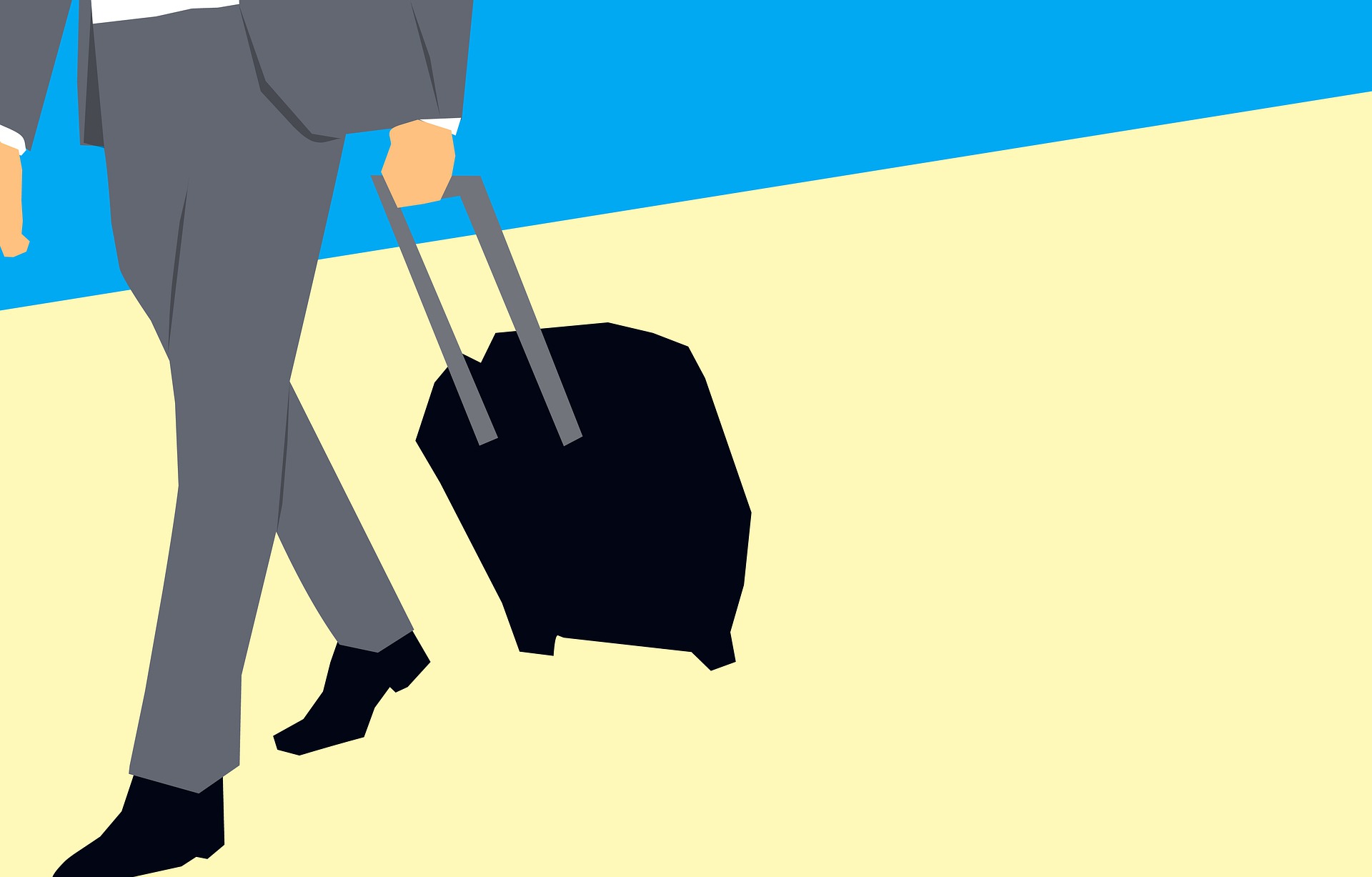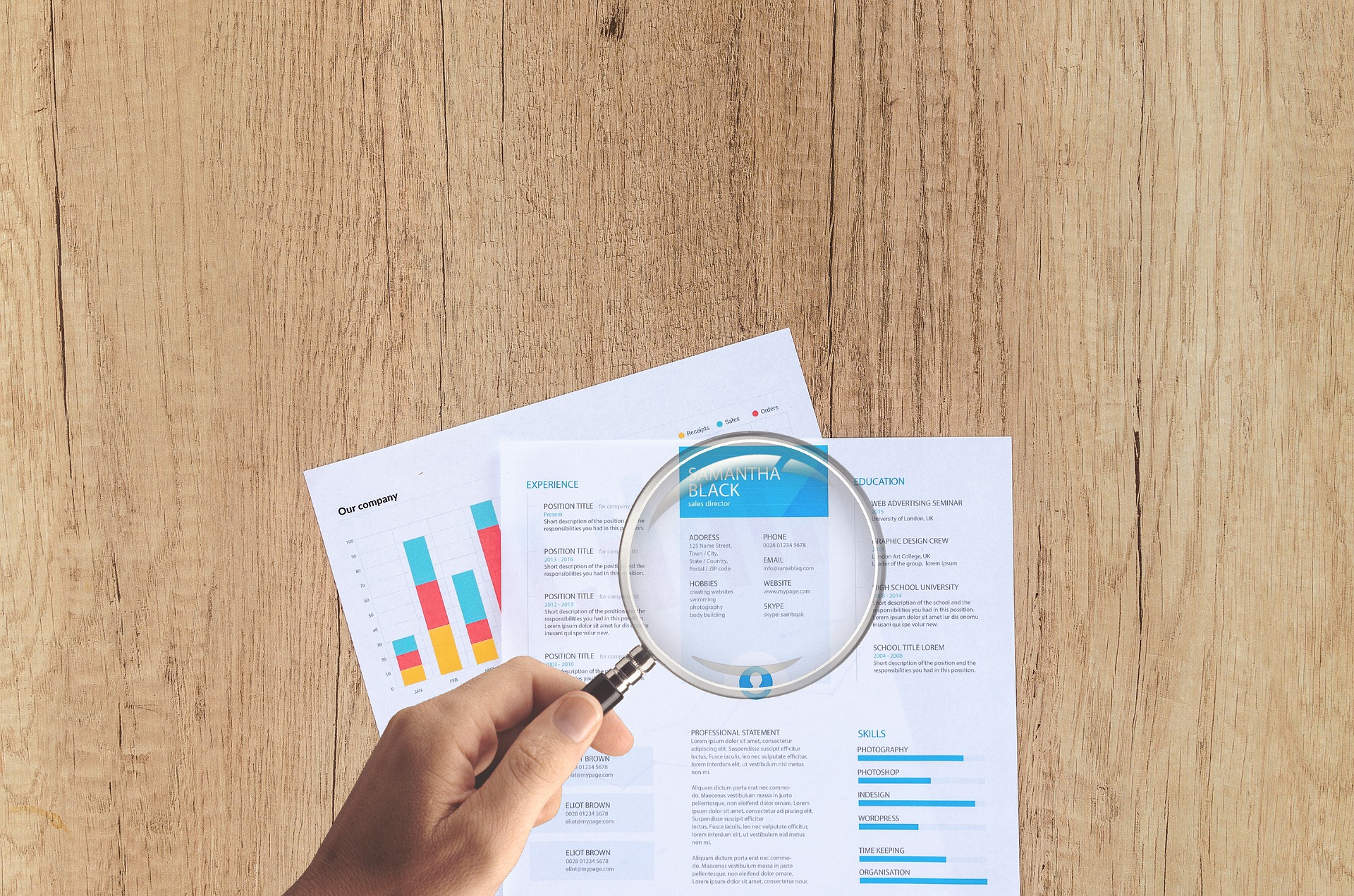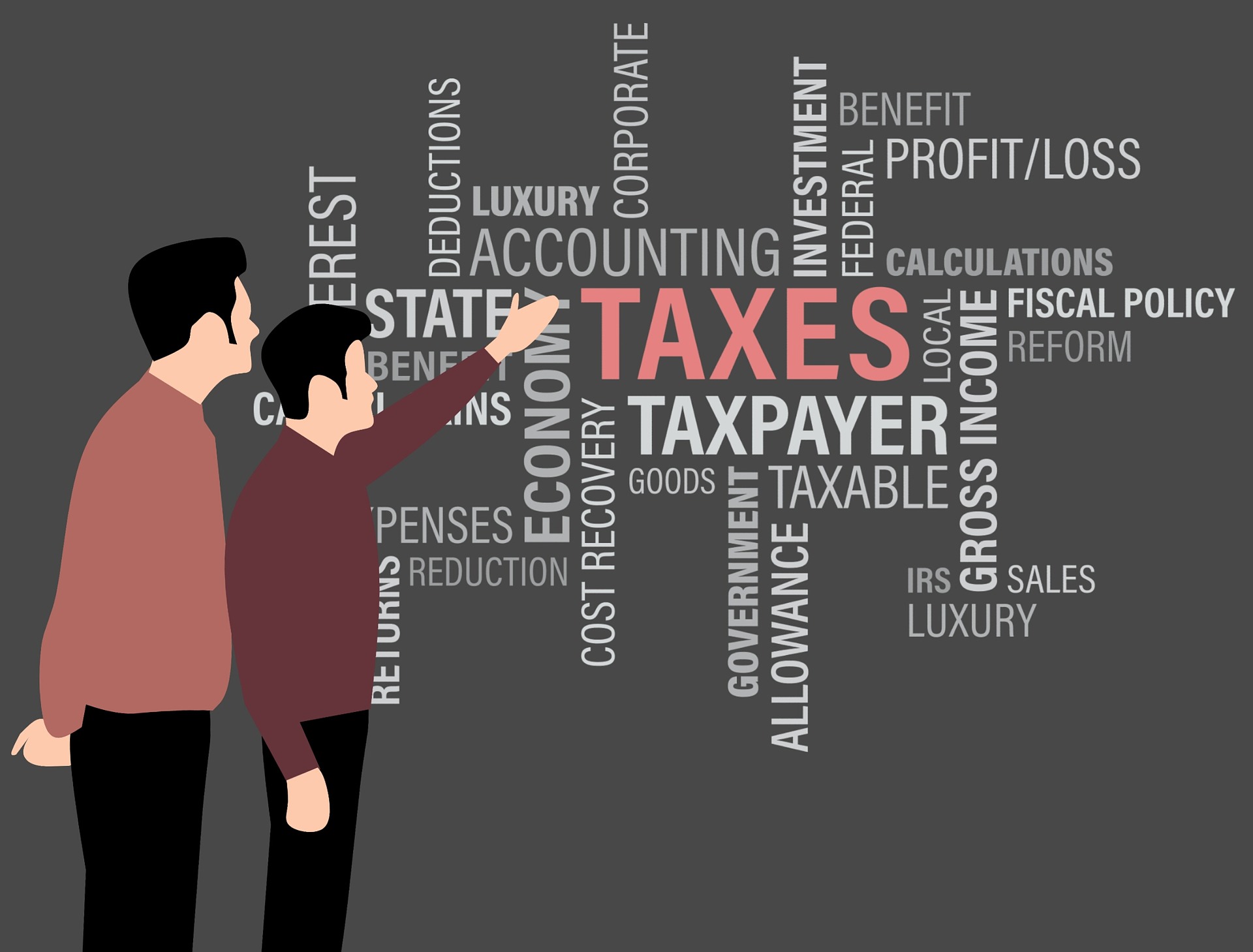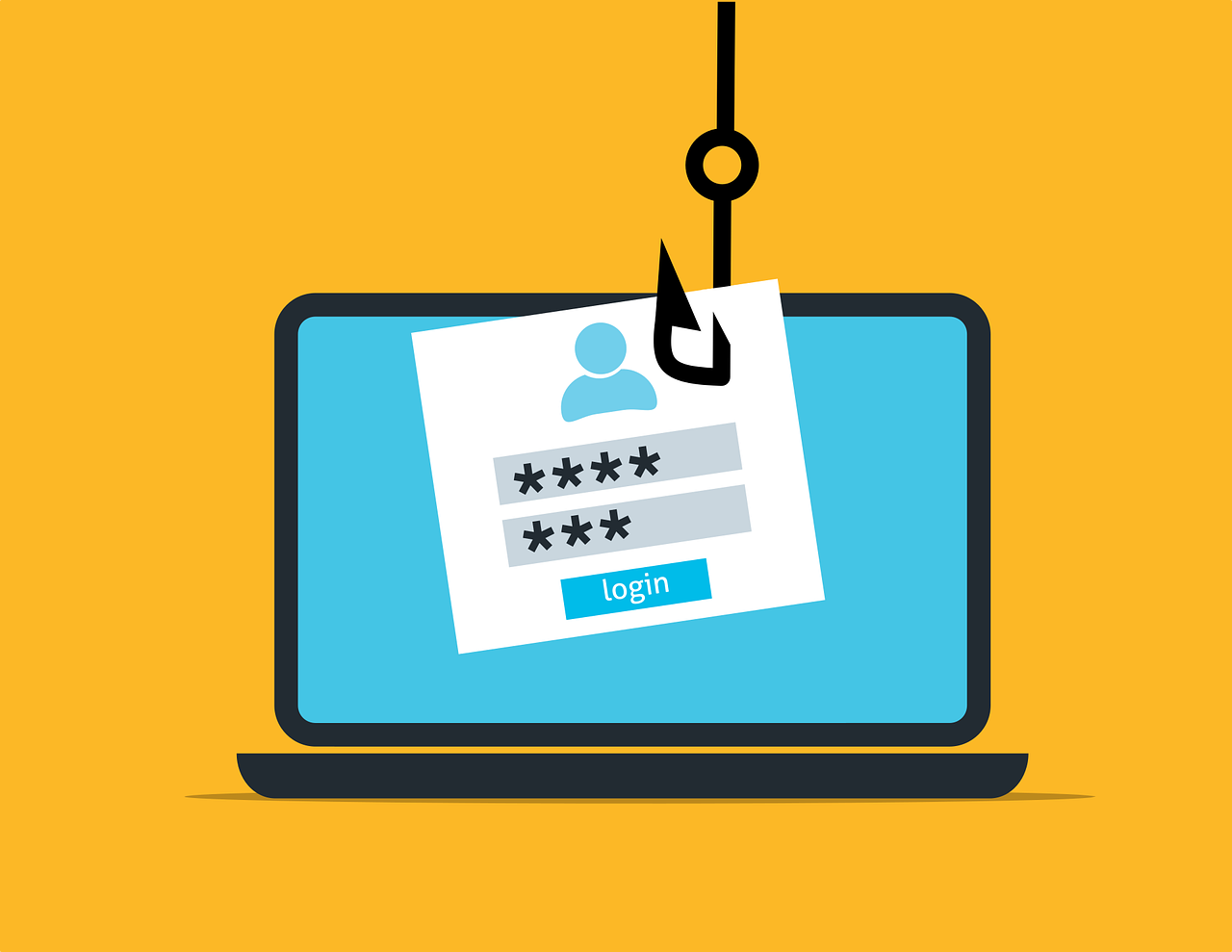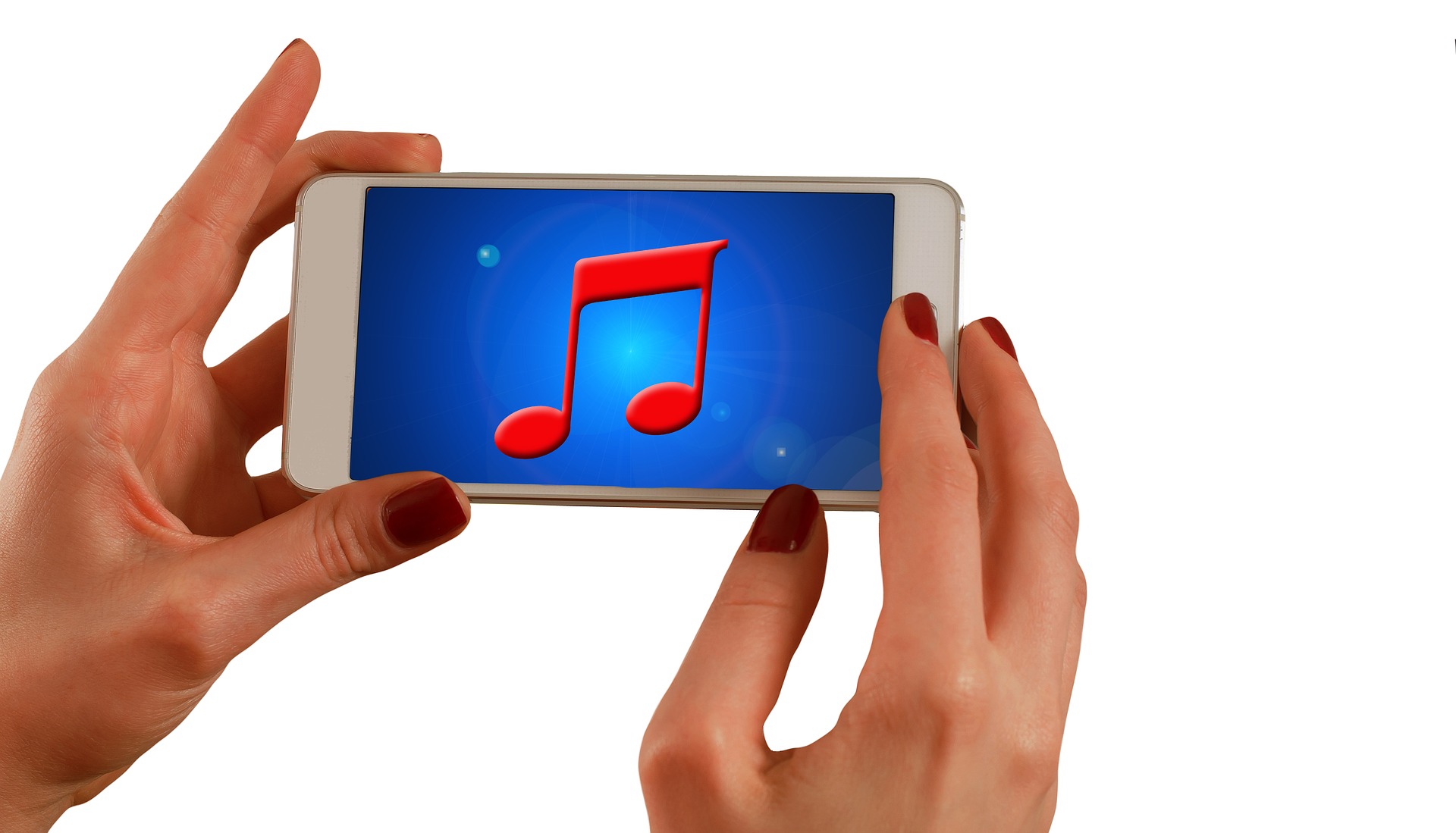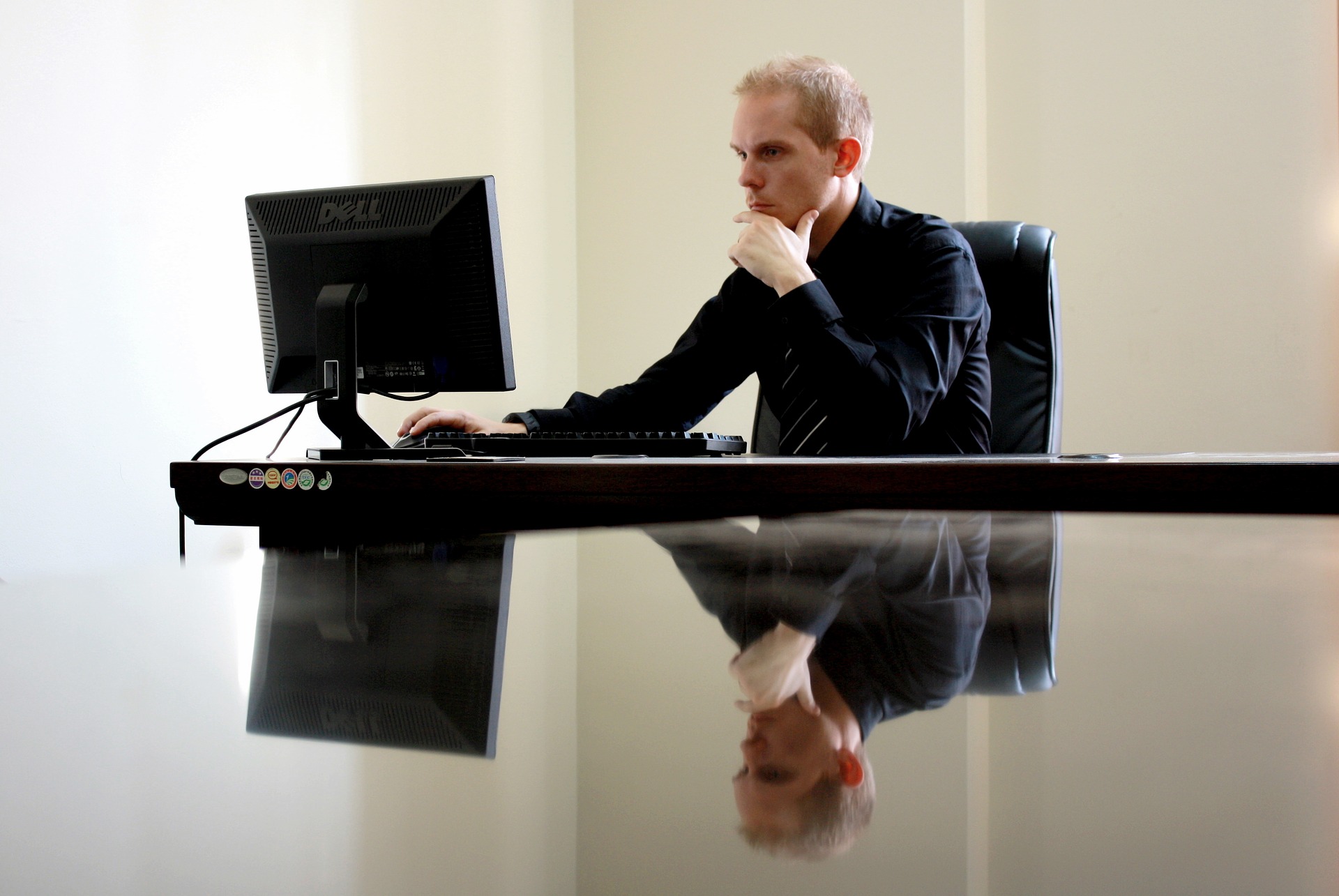Traveling for work can be fun, but afterward comes the hard work of sorting out the receipts and claiming the expenses. Here’s a quick guide based on Canada Revenue Agency’s (CRA) requirements on what you can and cannot claim. This information is handy for employees but is also something employers must know. If you run a small business and require your staff to travel for conferences, sales, training, or events and you do not provide a travel allowance or pre-pay/reimburse their expenses, you are required to provide and sign Form T2200, which your employee needs when they make a claim at tax time.

The Basics of Travel Expenses
Travel expenses include food, accommodation, and transportation. Other expenses not directly related to CRA’s guides may apply, such as conference registration fees or the cost of treating clients to entertainment.
Travel Expense Conditions
To claim travel expenses, you must meet all of CRA’s conditions:
- Your place of employment requires you to work away from the base of operations.
- Your contract of employment states that you must pay your own expenses out of pocket (if not, it is up to the company to claim the travel expenses on your behalf).
- You do not receive a non-taxable travel allowance.
The Necessary Paperwork
The records you submit to CRA should include a signed copy of the Declaration of Conditions of Employment (CRA’s Form T2200). If your claim is for transportation expenses, you will also require Form T777.
Get in the habit of keeping your receipts in a secure location as you travel (have an envelope in your laptop case or briefcase) and also get into the habit of recording details of the expense on the receipts. For example, if you take clients to dinner, note the name of the company you were treating and the names of the guests. If you have a gas receipt, note the name of the company or conference you were traveling for. It is much easier to have these details on hand than to try and remember them weeks later as you make your claim. Even if those details are not needed at tax time, you may need them during an audit.
Be Aware of What you Can Claim
Not every travel expense can be claimed or claimed in full. For example, you must be away from the base of operations’ town or metropolitan area for 12 consecutive hours to claim food and beverage expenses. Food/beverage is deducted at 50 percent of the lesser of what you paid or what is reasonable under the given circumstances. If your meal was part of the fare for transportation (for example, a private bus and meals are provided), you cannot claim the meal separately. Food/beverage is claimed on Form T777.
Don’t Take Advantage
Whether you are traveling for an employer or are self-employed, remember that travel expenses are not a windfall. Avoid the most expensive restaurants and don’t overindulge in wine on the company’s dime. Skip the valet parking and first-class tickets unless otherwise approved. These things do not go unnoticed by your employer, or by the auditors at CRA.
To learn more about travel expenses and how to claim them, visit AF Accounting.

